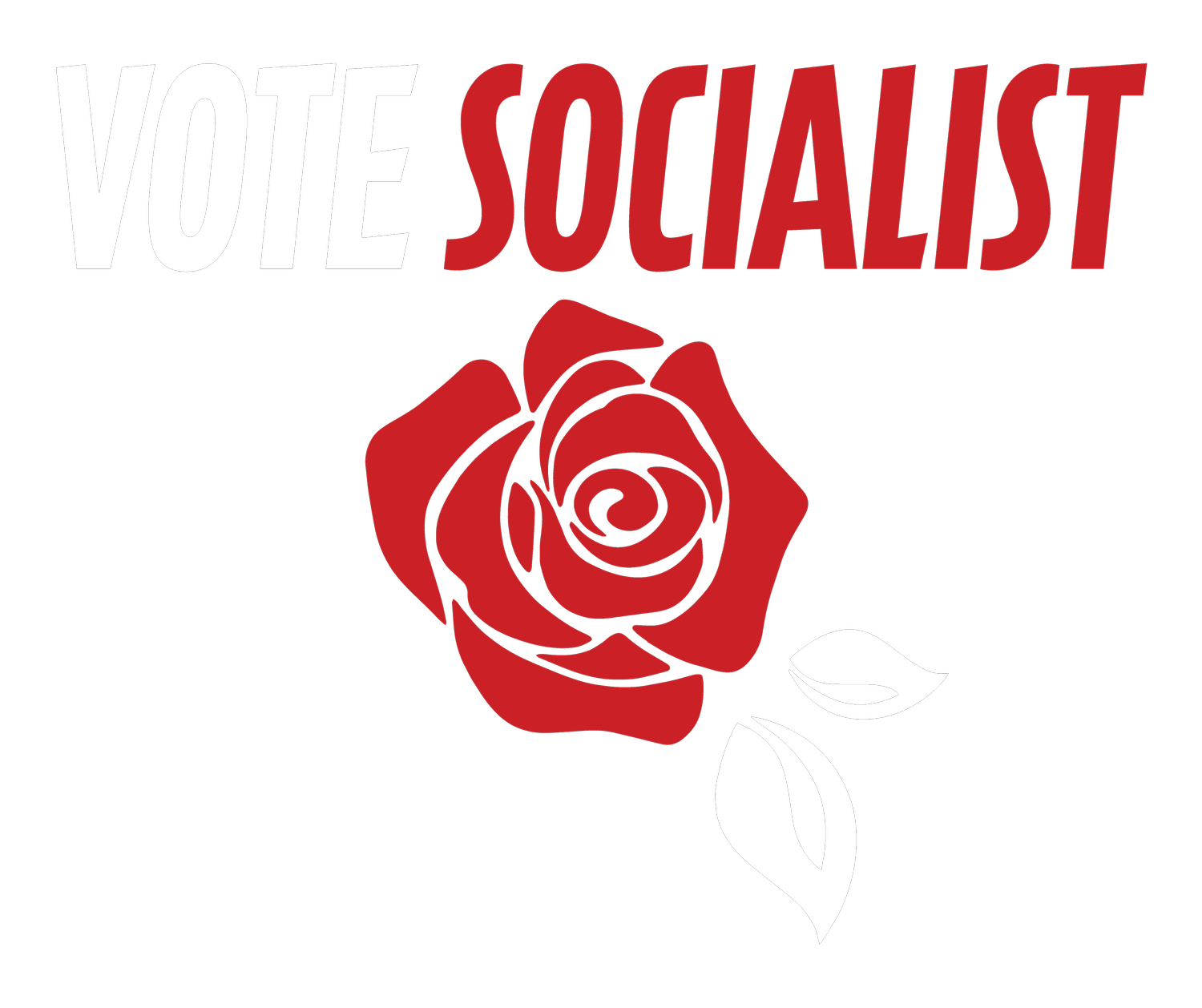Free Transit and Active Transportation
Movement for the masses
Policy Goal
Move towards fare-free public transit by continually reducing fares over time, with no cuts to existing service, while continuing to expand service through improved coverage and frequency, and building new transit projects. Create safe, fully accessible streets with a primary focus on active, non-motorized transportation, greater spatial and environmental justice, and providing mobility options for people of all ages and abilities. Sidewalks must be considered as public spaces - not just for walking (from one place to another) but as spaces to gather with neighbours or to share artistic endeavours; sidewalks must be places where interesting things happen in our neighborhoods.
Pathways to Change
Develop new revenue sources to reduce and eventually replace fares and fuel taxes; Eliminate bus fares for people with disabilities and those on welfare and implement free fares for residents under 18 and over 65, with low fares (50 cents) for those aged 19-64; Use parking revenue for youth passes;
Expand the transit budget to provide more service - add new bus routes to complete the grid system in Vancouver and increase frequency on routes that fall below the Frequent Transit Network standard defined by TransLink (every 15 min or better throughout the day, every day);
Improve coverage and frequency of night bus service; Increase transit priority measures, including exclusive bus lanes on major routes to ensure reliable service;
Advocate for additional councillors on the TransLink board (Mayor’s Council) so representation is proportional to population; Push for better accountability for Mayor’s Council (more open meetings and evening sessions, easier methods to give public input);
Explore new revenue sources such as an excess profits tax on oil companies selling motor fuel in the City of Vancouver, levies on non-commercial passenger trucks and SUVs and luxury vehicles registered to addresses in the City of Vancouver, defunding Transit Police (freeing up $44M and eliminating fare checks that disproportionately target BIPOC and 2SLGBTQIA+ riders), and allocating a portion of increased property taxes on residences;
Eliminate fare evasion fines and provide amnesty for existing fare evasion fines;
Build public, accessible restroom facilities at all SkyTrain stations and bus loops, beyond the restrooms proposed at only major stations;
Provide a bench and shelter at every bus stop;
Add secure, fast, free wi-fi on buses, possibly to be provided through upgrades to public city wi-fi;
Expand busking program for musicians, poets, and other artists onto buses;
Create a more walkable, cyclable, rollable city through the enhanced development of a network of widened walkways (4 m minimum), bike paths/lanes, and bike locking spaces, including the completion of fully accessible (e.g. no paving stones anywhere), separated, physically protected walking/bike path/lanes across the city on major and minor streets, separated by mode of transport where possible;
Reduce speed limits and implement safer road design on city streets, especially locations with high numbers of crashes, and implement best practices in speed calming zones; re-engineer streets by narrowing and reallocating traffic lanes to ensure safety for all road users, prioritizing cyclists, pedestrians, and other active transportation users;
Abolish minimum parking requirements at new developments (parking minimums), allocating spaces based on an expected number of driving trips, and in line with overall goals for driving vs. active transportation trips (mode share);
Expand the number of places to recharge electric vehicles, including e-bikes and micro-mobility devices (EV stations) in multi-residential buildings, businesses, and city facilities;
Enforce bylaws controlling vehicle noise.
Resources
Note: The resources on each of our policy pages are a starting point for learning about various issues and organizations doing work in these areas. This is not a comprehensive list and VOTE Socialist is not affiliated with the organizations listed here. We hope that these resources will help you reflect on and consider community engagement with the pathways to change suggested. We organize and lead with courage not fear, with transformative vision not limits. Vote on October 15!
Learn more about the Bus Riders Union: https://organizingcentre.wordpress.com/mass-organizations/bus-riders-union/
Learn how a local team started Happy Cities: Happy Cities
Learn about an organization that helps to remove barriers to cycling: HUB Cycling
Learn from examples of walkable and bikeable cities: www.modacitylife.com/books
Discover this blog for transit basics: Basics — Human Transit
Learn from a US-based group dedicated to improving walking, biking and transit: Streetsblog
